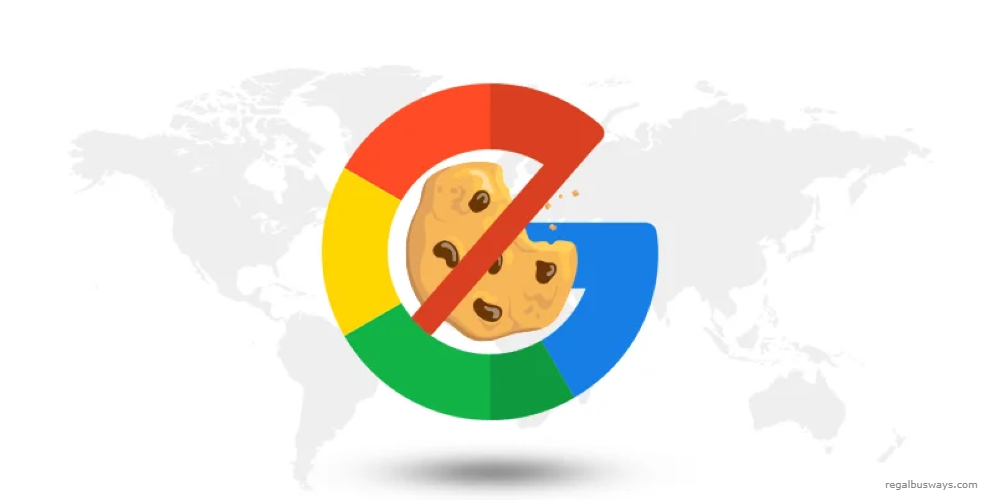 2023-11-15 13:00:00
2023-11-15 13:00:00 Google Confirms Timetable for Bidding Farewell to Third-Party Cookies in Chrome
In a definitive move, Google has reiterated its commitment to discontinuing third-party cookies in its Chrome browser by 2024, solidifying the timeframe for its agenda to enhance user privacy.
Google's team of developers has unveiled a more concrete schedule for the withdrawal of third-party cookies. The initial phase of their plan will see a test rollout that disables third-party cookies by default for a fraction—1%—of Chrome users starting in the first quarter of next year. This will set the stage for a more extended, staggered withdrawal period commencing in the third quarter, which is contingent upon a successful review by the United Kingdom's Competition and Markets Authority (CMA).
This initiative arises from the intricate privacy issues tied to third-party cookies, which have continually raised concerns due to their ability to monitor user activity across different websites. This tracking supports targeted advertising, which, while relevant to users, also intrudes on privacy. Notably, competing browsers like Mozilla's Firefox and Apple's Safari have already established blocks against third-party cookies.
In lieu of these cookies, Google introduced its proprietary alternative, termed the “Privacy Sandbox.” Rather than tracking users from site to site, this new framework conducts data processing directly on devices, ascertaining user interests without retaining specific browsing activities. Consequently, this refined approach allows the delivery of pertinent advertisements to users without infringing on their browsing privacy.
Google asserts that the ambition driving the Privacy Sandbox initiative is to strike a balance—diminishing cross-site tracking while maintaining the free accessibility of online content and services, as emphasized by Chrome engineers in a recent statement.
While the intent to phase out third-party cookies was initially communicated by Google in January 2020, the process has seen delays. Notably, one of the postponements was due to concerns from the UK’s CMA, which pointed out that the Privacy Sandbox could potentially tip the scale in favor of Google within the digital advertising sphere, further cementing the company's already dominant market position.
In an effort to address these constraints, Google has actively engaged with the CMA to refine the Privacy Sandbox to meet competitive fairness standards. Google Chrome engineer Johann Hofmann, in the latest briefing, underscored that the progressive discontinuation of third-party cookies is dependent on resolving any lingering competition concerns, as noted by the CMA.



Leave a comment
Your comment is awaiting moderation. We save your draft here
0 Comments